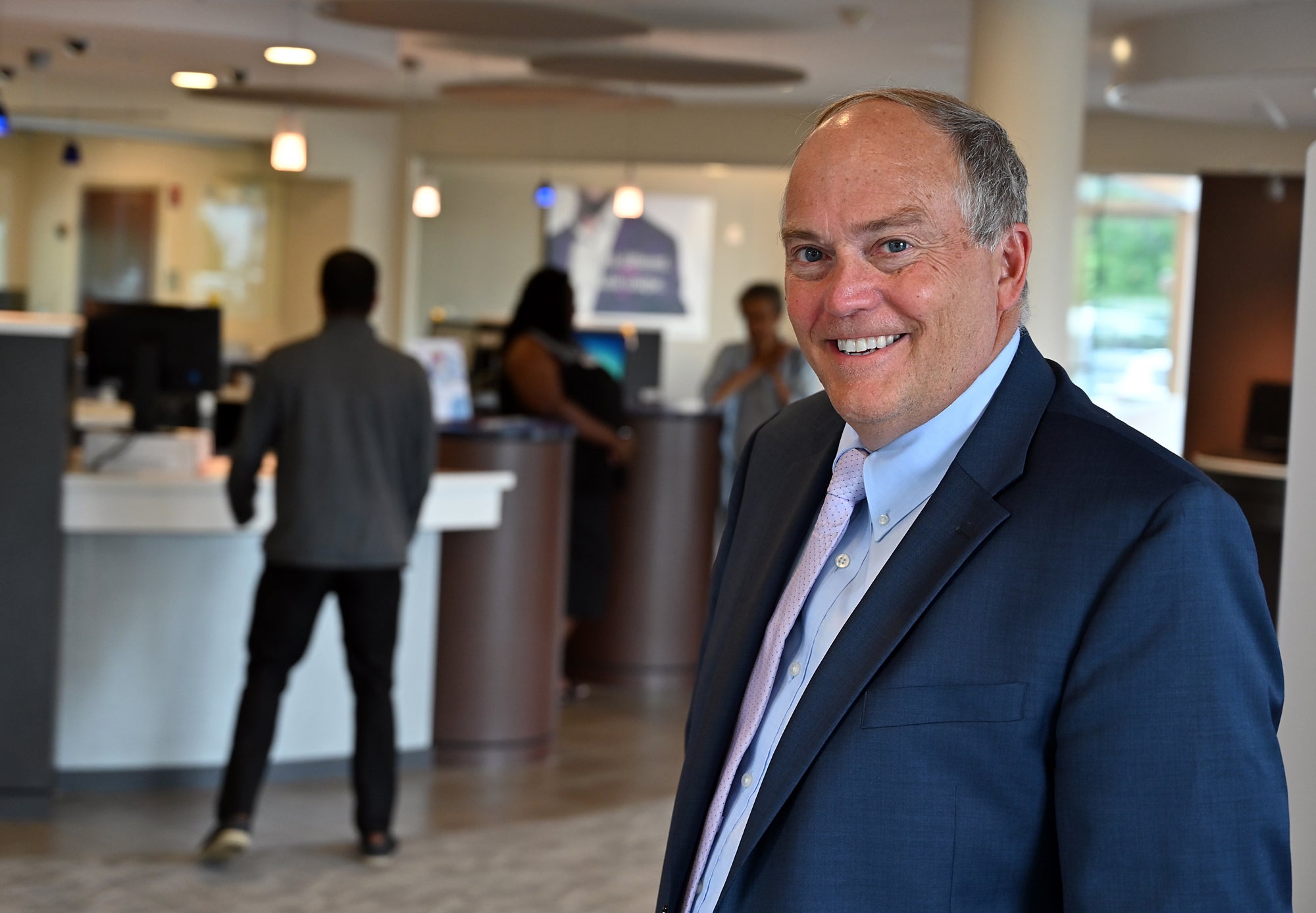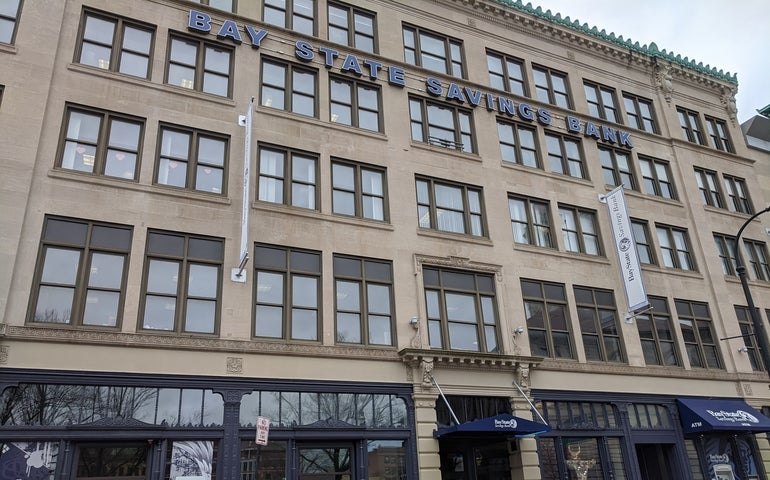For banks certified as U.S. Small Business Administration lenders, last Friday was a rush of activity for an industry more used to thoughtful and methodical transactions.
The planning was still there, but no spare time once the SBA began accepting applications for the $349-billion federal relief program to help small businesses forced to close, drastically cut back operations or watch much of their revenue shrivel up because of the coronavirus outbreak.
“They’ve continued throughout the weekend and yesterday and today,” said Peter Alden, the president and CEO of Worcester-based Bay State Savings Bank. “It’s been brisk to say the least. That’s an understatement.”

Banks first had to quickly understand the basics of the Paycheck Protection Program that was part of the $2-trillion stimulus bill known as the CARES Act. Representatives had to know the program themselves and to be able to explain it to clients.
But that phase was rushed because the government itself didn’t finalize the program’s tenets until just before applications were accepted.
“We didn’t know the final rule, like everyone else, until like 7, 7:30 Thursday night,” said Chris Watson, a senior vice president and senior business lending officer for Webster Five Cent Savings Bank.
Webster Five entered about 120 applications into the SBA’s approvals system as of around noon Tuesday, a rush magnitudes larger than what the bank would normally do for all of 2020.
“A typical year, we’re probably doing 20 through the SBA,” Watson said.
The program provides businesses with up to 500 employees with loans of up to $10 million to cover payroll, interest on debt service, rent or utilities. To help include employees who may have already been laid off, applications can be dated back to Feb. 15.
The interest rate is 0.5%, and repayment is deferred for six months. The term of the loan is two years.
The loan can be forgiven if employers meet certain criteria, including demonstrating they used the funds on maintaining their workforce.
Already, initial unemployment claims have soared to record highs nationally, with more than 6.6 million claims in the week ending March 28. In three weeks’ time, Massachusetts unemployment claims have risen from 7,449 to 148,452 to 181,062, the latest number representing nearly 5% of the state’s non-farm workers.
“I think this is going to be a great help for small businesses,” said Mark O’Connell, the president and CEO of Hudson-based Avidia Bank.
Avidia got off to a slower start, with some online operational issues Friday. By Wednesday, the bank was about 20% through the upwards of 600 applications it received, with a hope to get through most of the rest before the end of the week. Existing Avidia customers are being processed first.
“We’re going full-bore here,” O’Connell said, calling customers understanding of the heavy workload banks are facing.
BankHometown of Oxford has been rushing to make sure employers can help get those workers back. More than 300 applications totaling nearly $45 million in commitments were processed through Tuesday, Robert Morton, the bank’s president and CEO, said.
That required eight employees working through Saturday and five on Sunday.
“That’s a huge number of loans for us to do,” Morton said. “We didn’t want our customers to get shut out from the funding.”
The rush was so swift that Natick-based Middlesex Savings Bank had to temporarily pause the process because of an overwhelming number of submissions. It planned to reopen the portal Wednesday morning.

At UniBank in Whitinsville, CEO Michael Welch said the bank’s entire retail, business and commercial banking teams were working throughout the weekend to get as many applications through the SBA system as possible.
“So many in our community have been impacted by the effects of COVID-19 — themselves, their families and their companies, their employees or employers,” Welch said. “As a local bank, we remain focused on serving the community where we live.”
Banks receive a notice virtually instantly whether a business is approved for Paycheck Protection Program, executives said. But the next steps include getting the funding so banks can close the loans — and to get funds to companies relying heavily on the money to stay in business.

Alden said he hopes checks can begin arriving by the end of this week or next week. That represents the next rush for banks.
“It’s not like we can set up 300 closings in one day,” Morton said, alluding to the next challenge but also expressing gladness at how the process has worked so far.
“This has gone about as well as one could expect,” he said.
Watson, the Webster Five executive, sounded impressed as he described how the bank’s employees set up different areas for receiving calls and applications, passing them along for review and submitting them to the SBA.
“We’ve created a nice little assembly line,” Watson said. “We’ll get through it. Everyone just says, ‘What do you want me to do?’”

